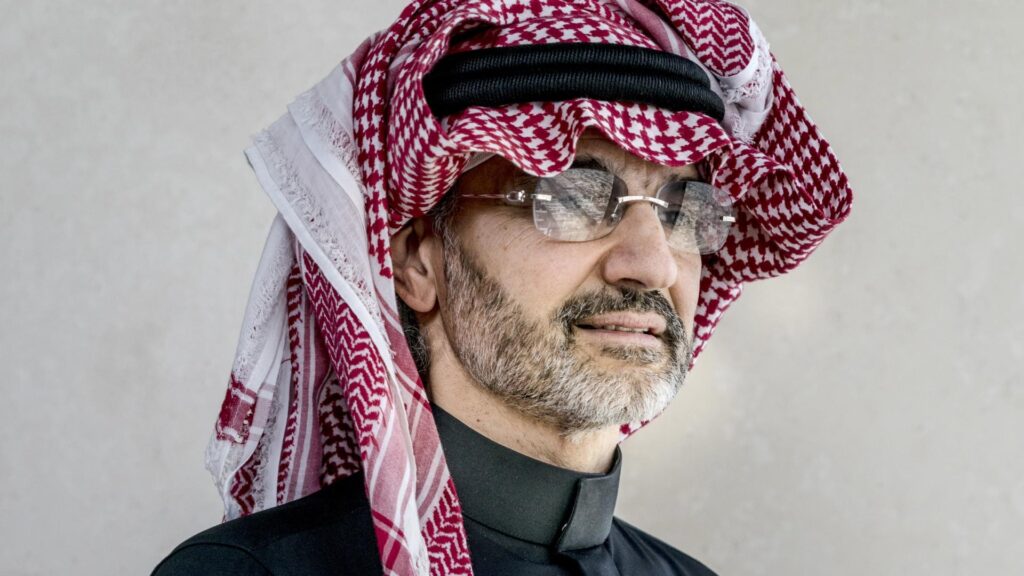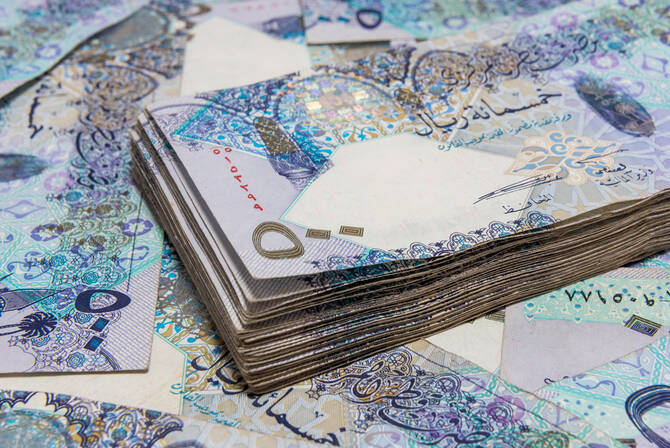In a striking return to the top, Saudi Arabia is now home to the largest number of Arab billionaires in 2025, according to Forbes’ latest World’s Billionaires report. This marks the Kingdom’s most significant billionaire resurgence in nearly a decade. A total of 15 Saudi nationals made it onto this year’s global billionaire list, holding a combined net worth of $55.8 billion.
The report reveals that Saudi Arabia has officially overtaken other Arab nations in terms of billionaire count—after being absent from the rankings for the last seven years. This dramatic comeback reflects the rapid changes and growth in the Kingdom’s economy, especially in light of post-pandemic recovery, IPO activity, and economic diversification strategies.
Saudi Billionaires Return After Seven-Year Hiatus
Forbes had not listed any Saudi billionaires between 2018 and 2024 due to a combination of political and economic reasons, most notably following the 2017 anti-corruption purge that led to the detainment of many high-profile individuals. This crackdown resulted in a lack of financial transparency and a freeze in financial data, leading Forbes to exclude Saudi billionaires from its rankings for years.

However, Saudi Arabia has seen a new wave of financial disclosure and stock market activity that has brought its billionaires back into the global spotlight. The Saudi Exchange (Tadawul) has experienced a notable surge in Initial Public Offerings (IPOs) since the pandemic ended. These IPOs have driven the valuations of Saudi companies to new highs, allowing their major stakeholders to make a powerful comeback onto Forbes’ radar.
Interestingly, 14 of the 15 Saudi billionaires on the 2025 list are new additions, highlighting the emergence of new wealth and leadership across various sectors.
Prince Alwaleed bin Talal: The Richest Arab Billionaire
Leading the Saudi list is Prince Alwaleed bin Talal Al Saud, who returns as the richest Arab in the world, with an estimated net worth of $16.5 billion. Prince Alwaleed, a seasoned investor, is known for his diverse portfolio, which includes investments in companies like Four Seasons Hotels, Snap, and Twitter.
He is the founder of Kingdom Holding Company, a publicly traded investment firm. In 2022, a 16.9% stake in his company was acquired by Saudi Arabia’s sovereign wealth fund—the Public Investment Fund (PIF)—in a move that attracted global attention. Despite this transaction, Prince Alwaleed remains the majority shareholder and continues to be a dominant player in the world of finance and real estate.
His wealth story is not only symbolic of the Kingdom’s elite investment power, but also of its intention to merge traditional royal wealth with strategic business innovation.
A Diverse Pool of Wealth Builders
The 2025 billionaire list showcases a wide range of industries that are generating massive wealth in Saudi Arabia. This diversity reflects the country’s ongoing efforts to reduce its reliance on oil and move toward a more sustainable and varied economy under its Vision 2030 plan.
Some of the notable billionaires include:
- Sulaiman Al Habib, founder of one of the largest private hospital chains in the region. His firm’s successful IPO and rapid healthcare expansion have positioned him as a leading billionaire in the medical sector.
- Waleed bin Ibrahim Al Ibrahim, founder of the Middle East Broadcasting Center (MBC), has earned a fortune through media and television. His estimated net worth stands at over $1 billion, and he is one of the few billionaires from the Arab world involved in mass media.
- Emad Al Muhaidib, a key figure in the Muhaidib Group, is associated with a sprawling family conglomerate with interests in food, construction, and industrial goods.
- Adel Al Fakeh and Mohammed Al Issa, both of whom are new names on the list, made their wealth from a mixture of real estate, manufacturing, and industrial holdings.
These individuals highlight the various sectors—healthcare, media, finance, construction, and retail—that are actively contributing to Saudi Arabia’s billionaire class.
Comparisons Across the Arab Region
While Saudi Arabia leads the Arab world in billionaire numbers, several other nations also maintain a strong presence on the list:
- Lebanon has six billionaires with a combined net worth of $12.3 billion. Despite its recent economic turmoil, Lebanese families such as the Mikatis and Hariris continue to hold significant global assets.
- The United Arab Emirates (UAE) and Egypt each have five billionaires. UAE billionaires collectively hold $24.3 billion, while Egypt’s billionaires have a total wealth of $20.6 billion.
- Billionaires in Qatar, Kuwait, and Morocco also made appearances, although in smaller numbers, reflecting localized but powerful family businesses and sovereign wealth-driven entities.
Still, Saudi Arabia stands out for the sheer number of new entrants and the scale of their wealth accumulation over a short span of time.
The Role of Economic Reform and Vision 2030
Saudi Arabia’s rise in the billionaire rankings is no accident. It’s closely tied to Crown Prince Mohammed bin Salman’s ambitious Vision 2030 program, which aims to diversify the Saudi economy away from oil and build a modern, tech-driven, investment-friendly ecosystem.
Key reforms have included:
- Encouraging foreign investment and public-private partnerships.
- Expanding the non-oil private sector, especially in entertainment, tourism, and tech.
- Facilitating IPOs for family-owned and state-owned businesses on the Saudi stock exchange.
- Strengthening transparency laws and corporate governance, which has made billionaire wealth more visible and measurable.
According to various regional reports, Saudi Arabia attracted over $750 million in venture capital funding in 2024, making it the most active startup ecosystem in the Arab world. This has created fertile ground for new entrepreneurs to scale rapidly and achieve billionaire status.
What This Means for the Region
Saudi Arabia’s dominance in the billionaire count is not just about wealth—it is about influence, leadership, and economic transformation. With its young population, large sovereign wealth fund, and aggressive development plans, the Kingdom is shaping itself into a regional and global financial powerhouse.
The return of Saudi billionaires also signals greater economic confidence, not only domestically but among foreign investors and global partners. It reinforces the notion that the Middle East, long dominated by oil narratives, is now entering an era of tech, finance, and diversified growth.
Conclusion
Saudi Arabia’s re-emergence as the home of the most Arab billionaires in 2025 is a powerful indicator of the country’s evolving economy. As the Kingdom continues to modernize and open up to global markets, its billionaire class is likely to grow further in both number and global influence.
With visionary leadership, strong investment strategies, and a commitment to reform, Saudi Arabia has not only reclaimed its spot on the billionaire map but has also positioned itself as a leading economic force in the Arab world for years to come.
Saudi Arabia’s Tourism Surplus Soars to SAR49.8 Billion in 2024



